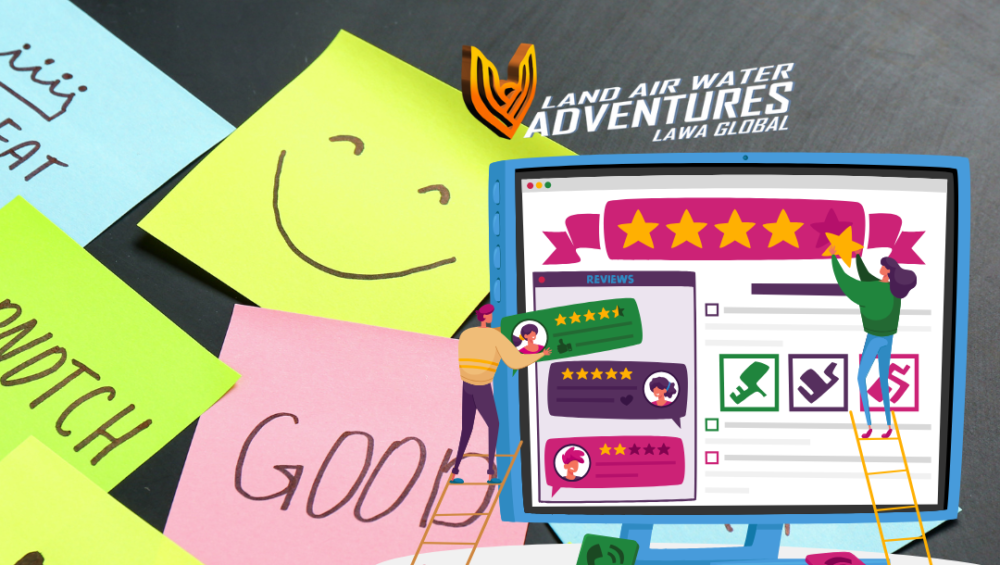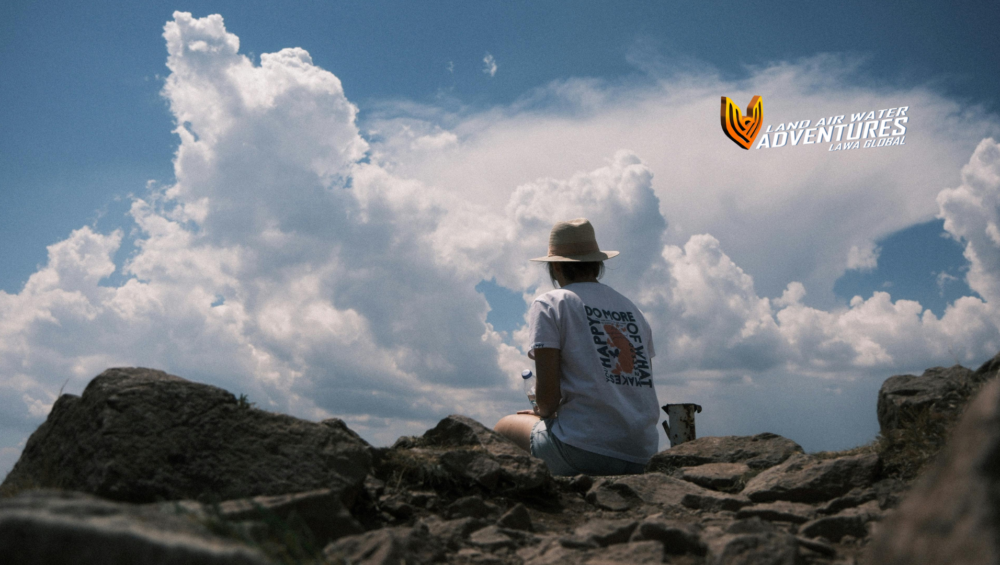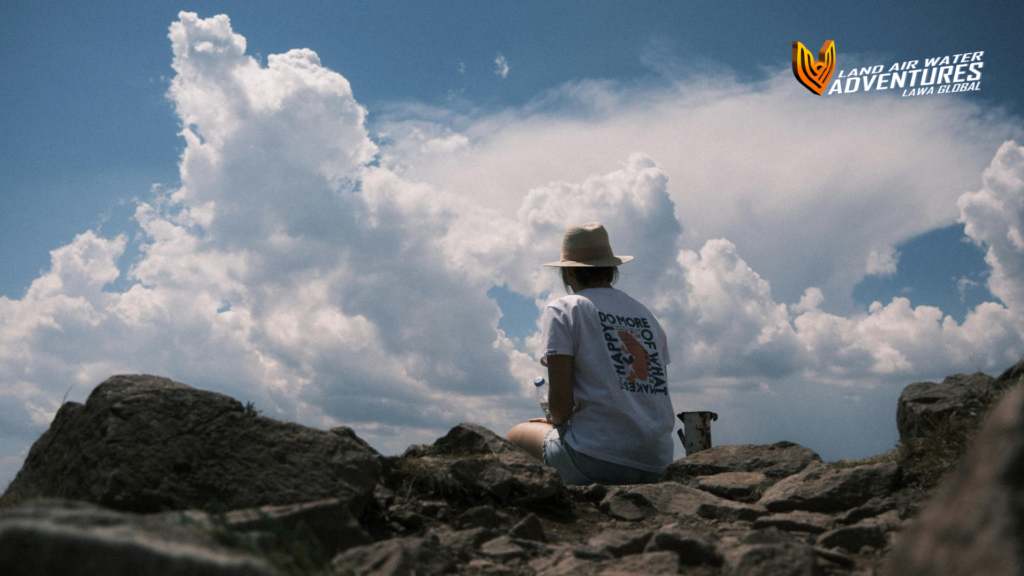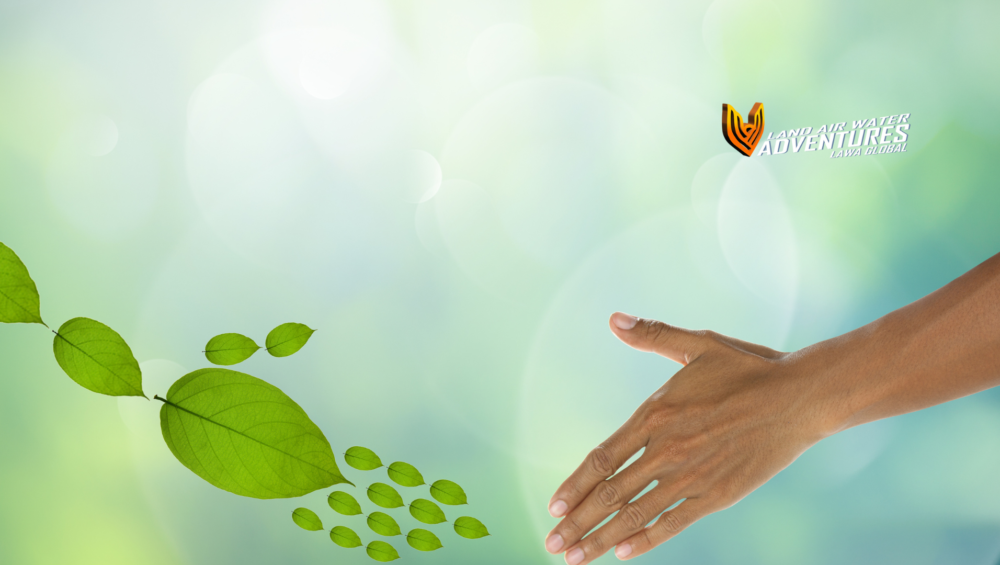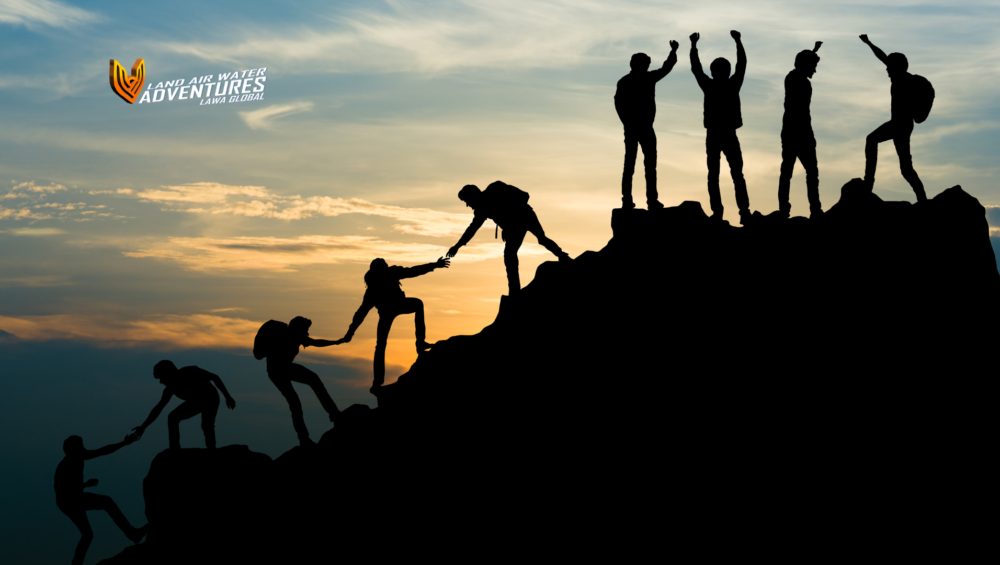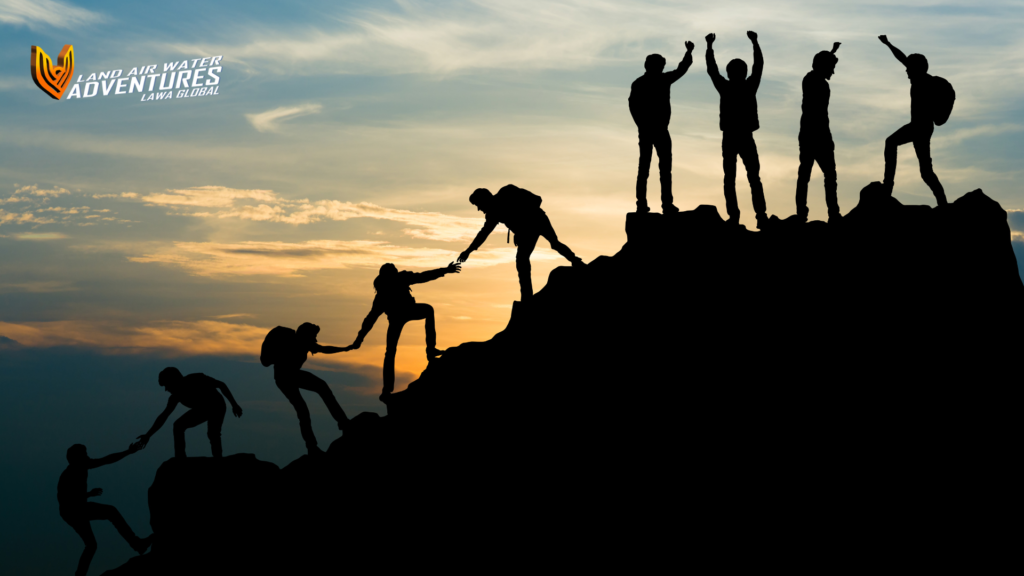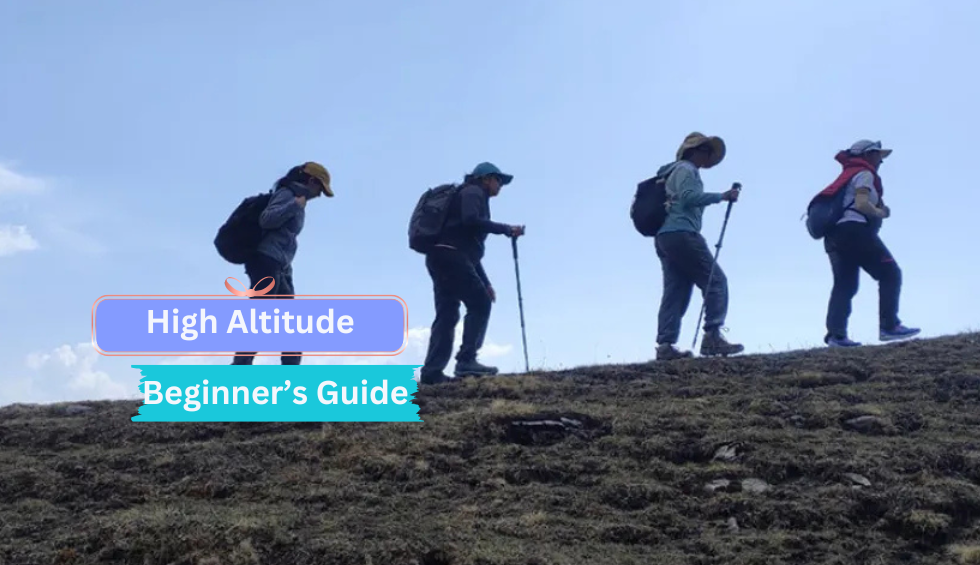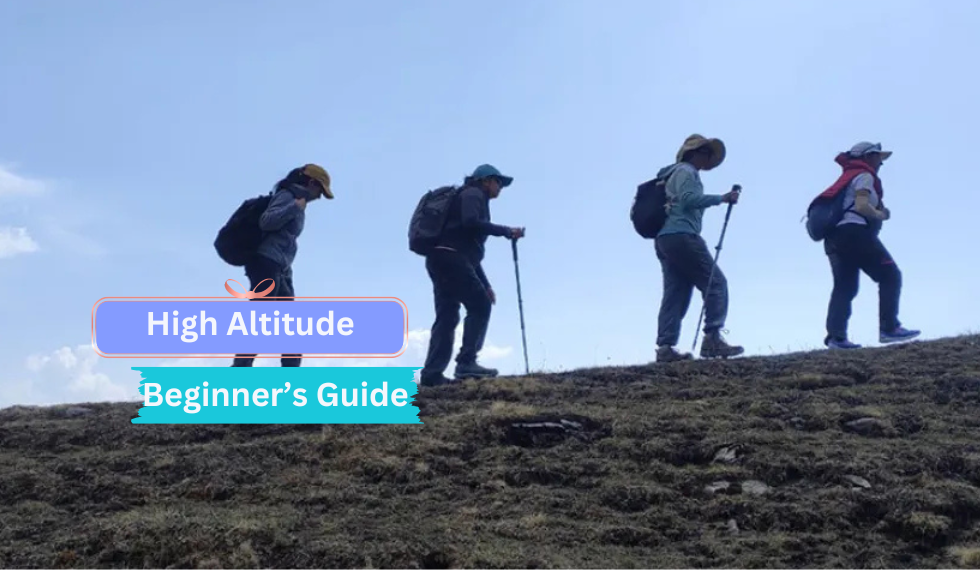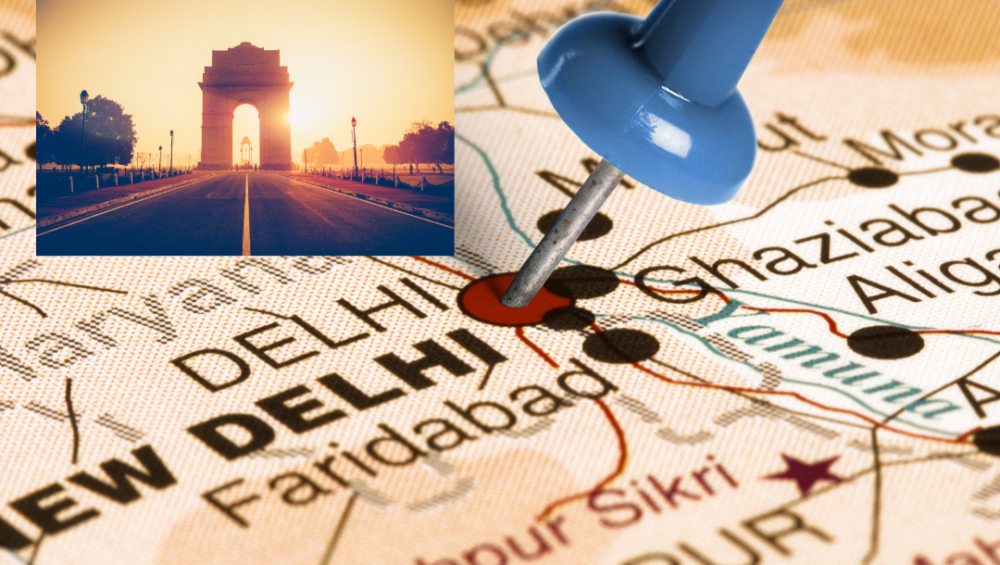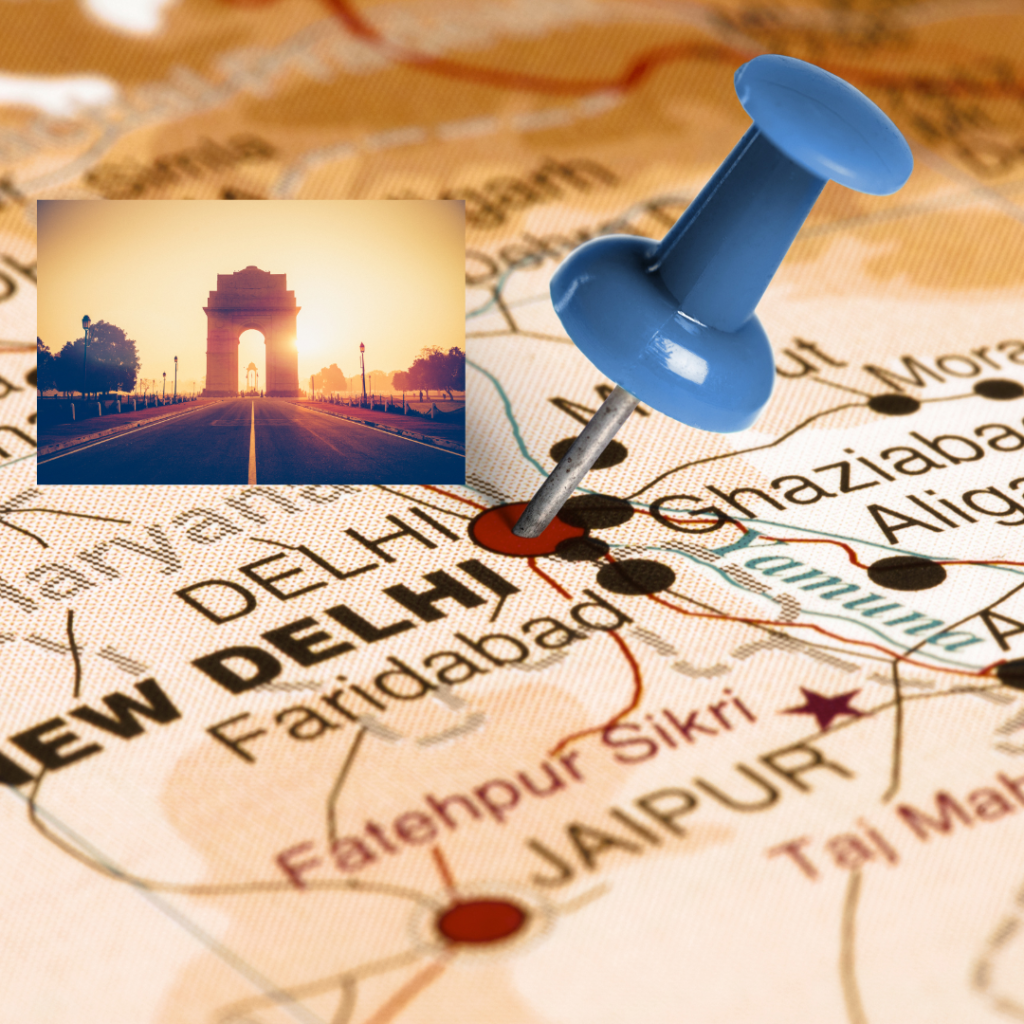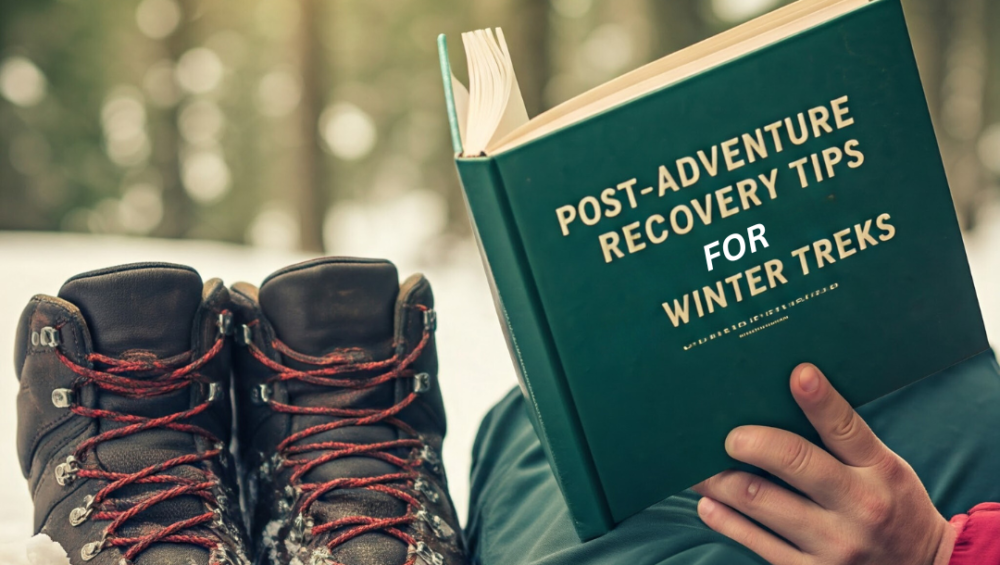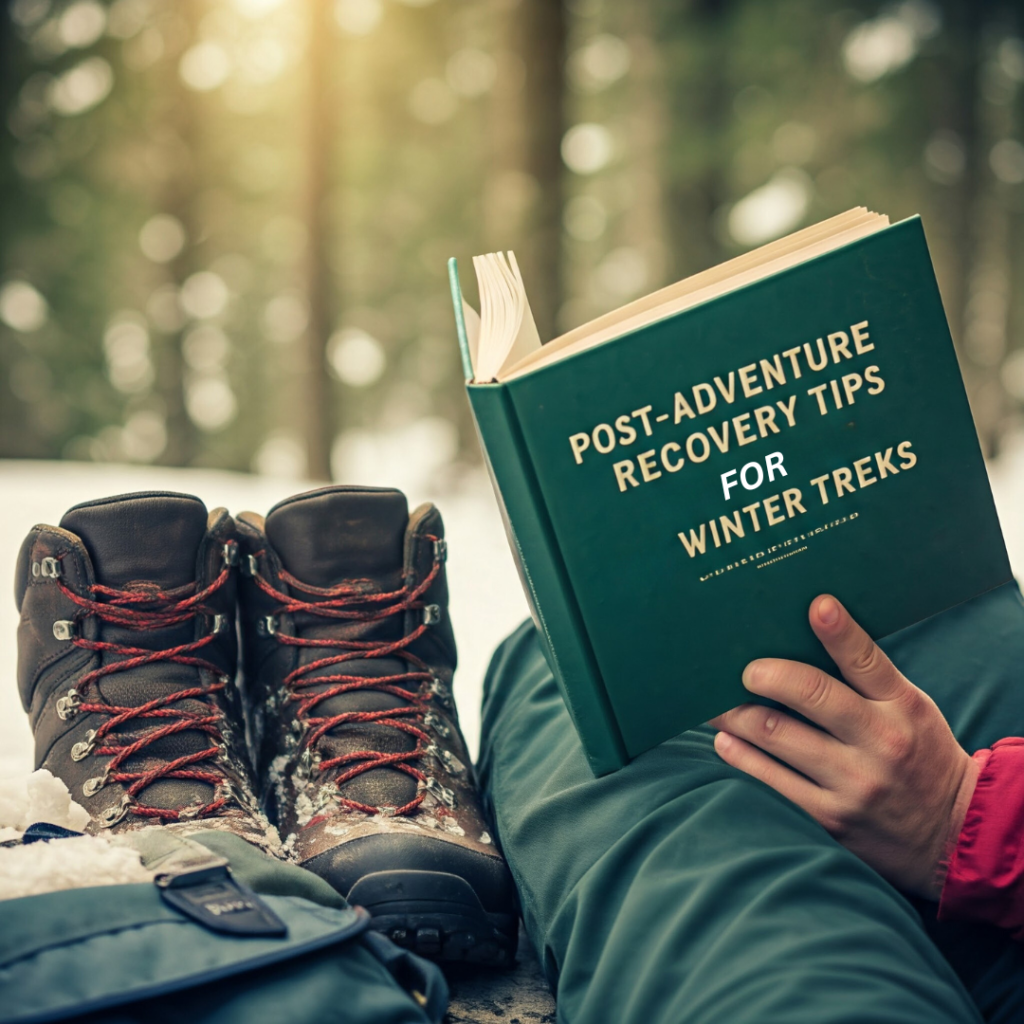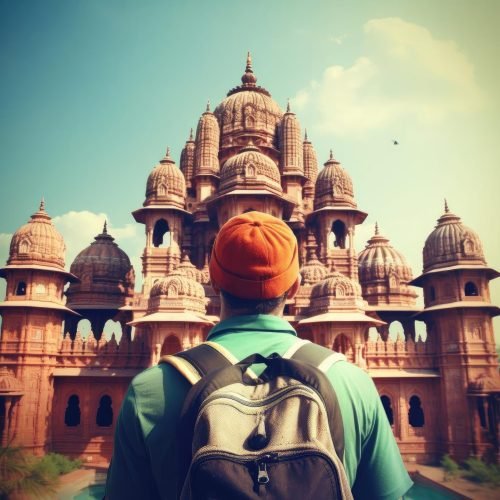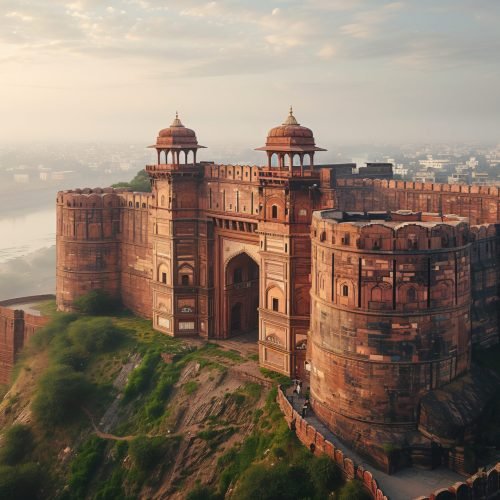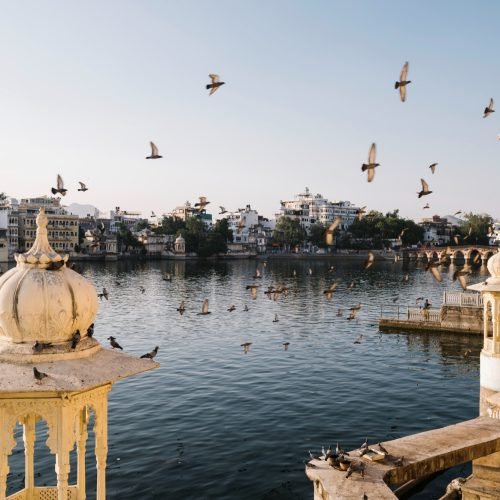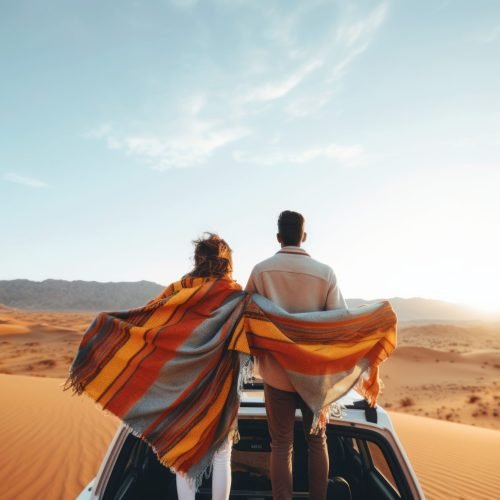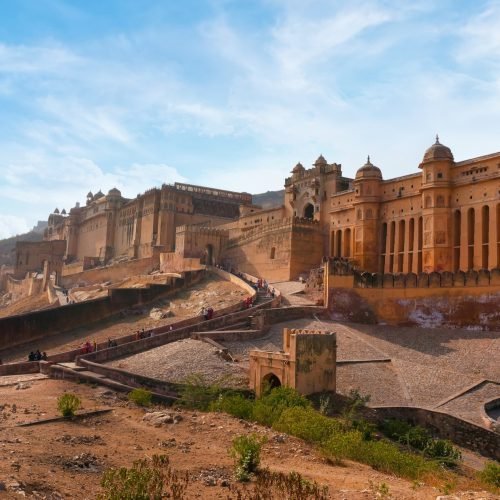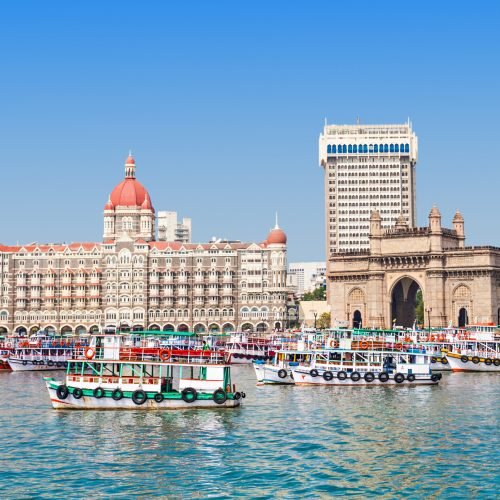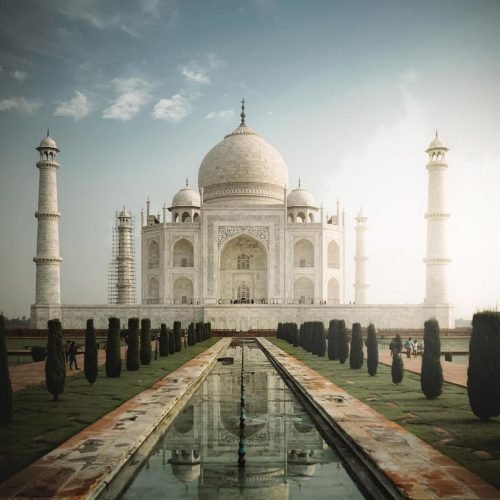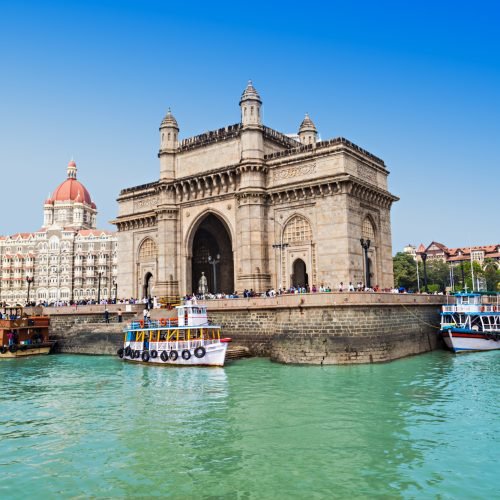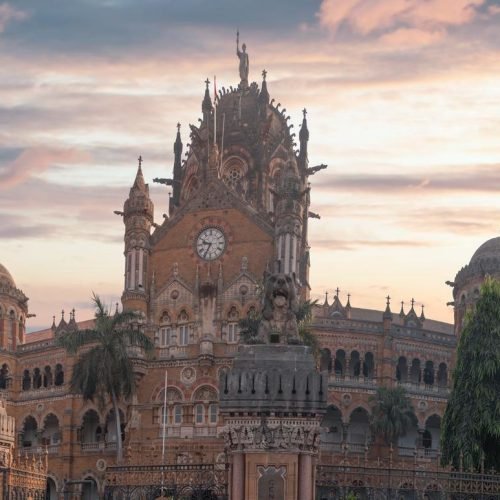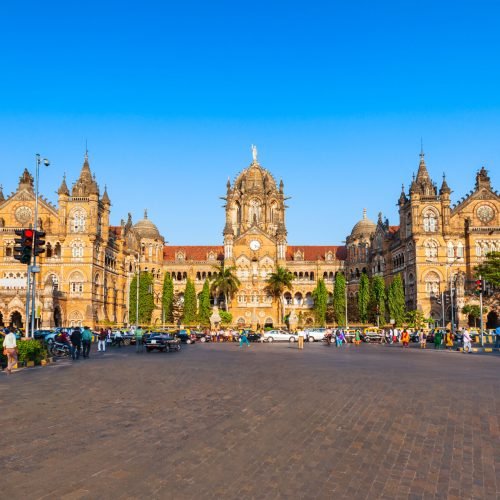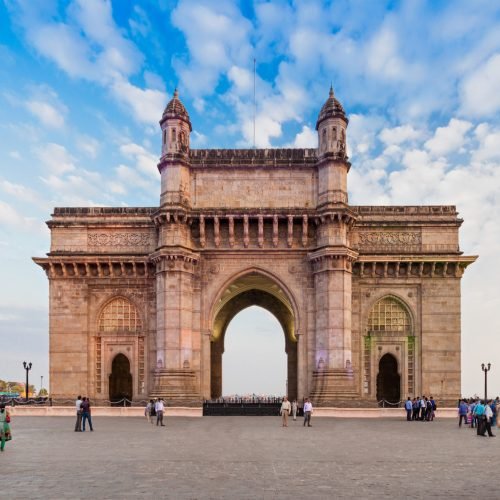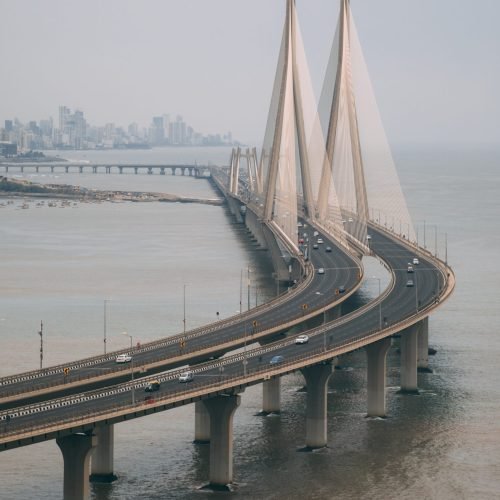Exploring the Frozen Beauty of Pangong Lake in Winter
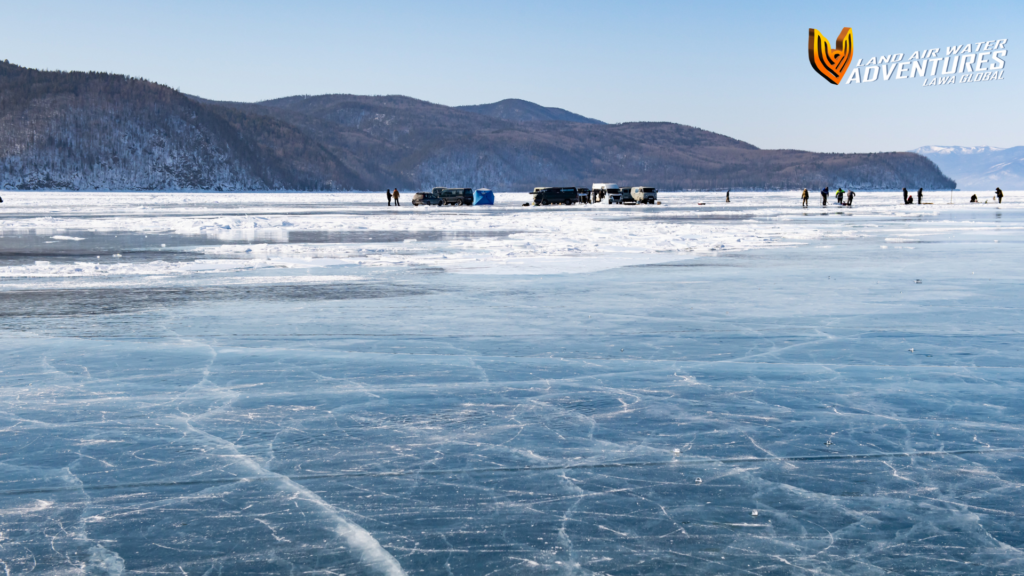
Pangong Lake, nestled in the breathtaking landscapes of Ladakh, is a destination that needs no introduction. Famous for its pristine blue waters and picturesque surroundings, the lake takes on an entirely different charm during the winter months. While many prefer to visit Pangong in the summer for its iconic views, the winter season offers a surreal, off-season experience that few travelers dare to embark on.
A Frozen Wonderland
During the winter months, typically from December to February, temperatures around Pangong Lake can plunge well below freezing, turning its sparkling blue waters into a vast sheet of ice. This transformation gives the lake an otherworldly appearance, with a mix of frozen and semi-frozen areas reflecting the stark white snow-covered mountains surrounding it. The stillness of the landscape, combined with the crisp winter air, creates a serene and magical ambiance.
Adventure and Photography
For adventure enthusiasts, winter at Pangong is an opportunity to witness nature at its rawest and most pristine. The icy expanse is perfect for capturing awe-inspiring photographs of the frozen terrain. Photographers can marvel at the intricate patterns created by the freezing process and the interplay of light and shadow across the icy surface.
Fewer Crowds, More Tranquility
One of the biggest advantages of visiting Pangong Lake in winter is the lack of crowds. Unlike the bustling summer season, winter offers a peaceful retreat where you can experience the lake’s beauty in solitude. This quietude allows you to fully connect with nature and enjoy the serenity of the Himalayan wilderness.
Challenges to Consider
Traveling to Pangong Lake in winter comes with its own set of challenges. The extreme cold requires proper preparation, including warm clothing, insulated boots, and other winter gear. Additionally, the high altitude (around 13,900 feet) necessitates acclimatization to avoid altitude sickness. The roads leading to Pangong may also be covered in snow, so it’s essential to travel with experienced drivers or guides who are familiar with the terrain.
Tips for Visiting in Winter
- Pack Wisely: Bring plenty of layers, a good-quality down jacket, thermal wear, gloves, and woolen socks.
- Plan Accommodation: Many hotels and camps around Pangong close for the winter. Confirm your stay in advance to ensure availability.
- Travel Safely: Hire experienced drivers with vehicles equipped for snowy conditions.
- Stay Hydrated: Despite the cold, staying hydrated is crucial to combating altitude sickness.
Why Visit in Winter?
Visiting Pangong Lake during the winter is not just about witnessing a frozen wonderland; it’s about experiencing a side of Ladakh that few travelers see. The tranquility, stark beauty, and raw nature make it a bucket-list experience for those seeking adventure and solitude.
Ready to embark on this extraordinary journey. For more free guidance or information from our expert team, Call +91 909081 8170, Visit lawaglobal.com, or Email support@lawaglobal.com


